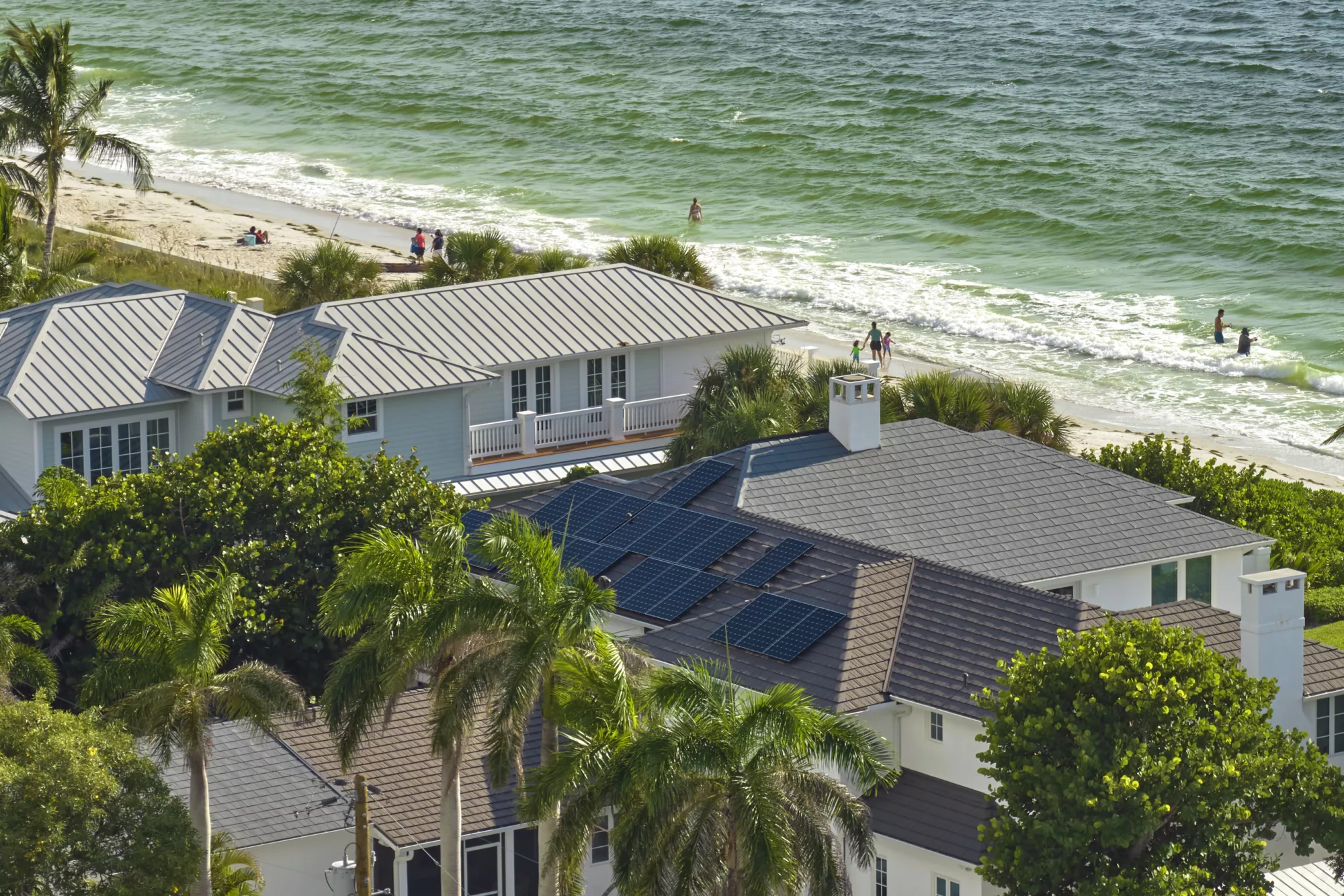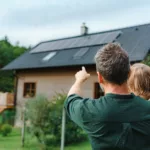Florida is one of the best states to live in if you want to use solar energy and reduce your dependence on the grid. It ranks third in the US in its installed capacity of solar and its 5-year growth projections and offers plenty of incentives for solar panel installation. But if you’re planning to install a solar panel system—or already have one—you might be wondering: How often do solar panels need to be replaced here in Florida?
Solar power installations are a major investment for most Florida homeowners, with average costs ranging between $8,000 and $25,000, depending on the system’s size. With this in mind, knowing when they need to be replaced allows you to budget your funds appropriately.
Here are some factors to consider when it comes to solar panel replacements.
How Long Do Solar Panels Last in Florida?
Most residential solar panels in Florida last around 25 to 30 years, which matches the warranties provided by many solar manufacturers and installers. Solar panels have a great lifespan that may rival the life of your roof—but that doesn’t mean all the system components last that long. Solar inverters, for example, only last 10–15 years.
Any discussion of the average lifespan is incomplete without addressing some factors that could impact your system’s longevity.
Panel Tier
The overall quality of your solar panels plays an essential role in their efficacy and longevity. Tier One panels deliver the highest output; even as they age, they’ll continue offering great results for years. Tiers Two and Three solar panels start at a lower quality and degrade more quickly.
Installation and Maintenance
Solar panels are relatively fragile, and how you install them contributes to their longevity. For example, if the installer didn’t handle the panels delicately, they might have sustained damage before they were mounted and wired. If the mounting brackets or rails aren’t set up correctly, they could fail to support the panels, leading to a fall.
Furthermore, solar panels need regular maintenance to keep them in good working order. Scheduling a regular solar panel service lets you check and repair problems before they worsen, extending the system’s life.
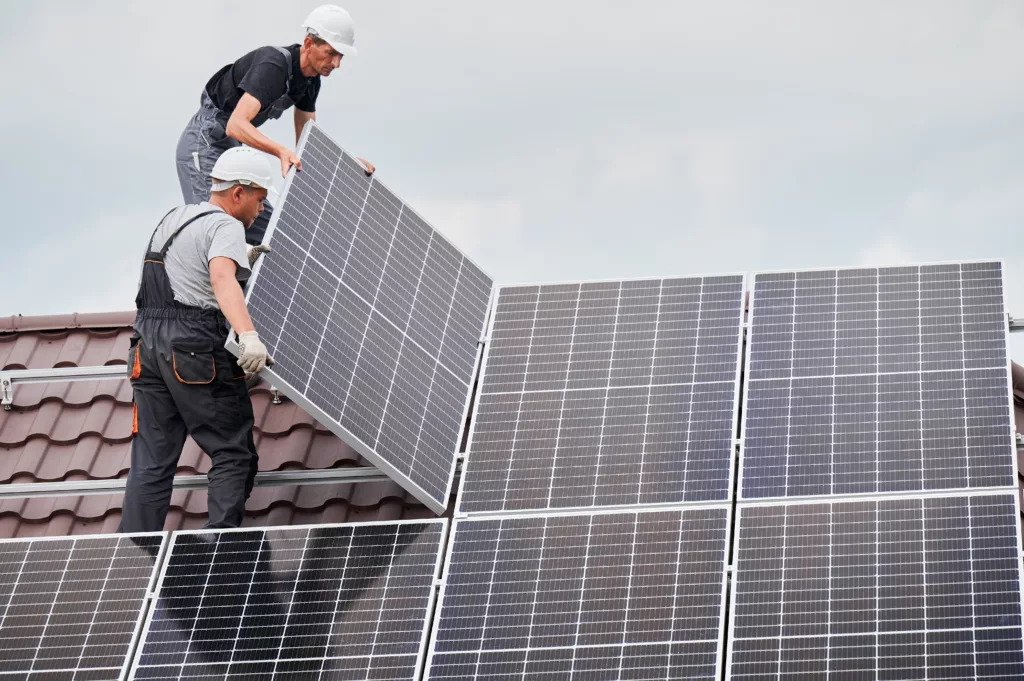
When to Replace Your Solar Panels
Besides tracking your solar panels’ age, watch for these other signs to see if you need to call a solar panel specialist for a replacement.
The Panels Are No Longer Efficient
While a solar panel system can work beyond its life expectancy, its parts will deteriorate over time. As a result, the energy output will decrease until the system can’t power your home as well as it used to. Your house would need to pull more energy from the grid to function.
If you notice your electric bills rising, there’s a good chance your panel system is no longer generating enough power to let you benefit from Florida’s net metering policy. You can call your solar installer to determine if it’s time to replace it.
Check your solar meter to see how much electricity your solar panel system is still generating.
They’ve Sustained Physical Damage
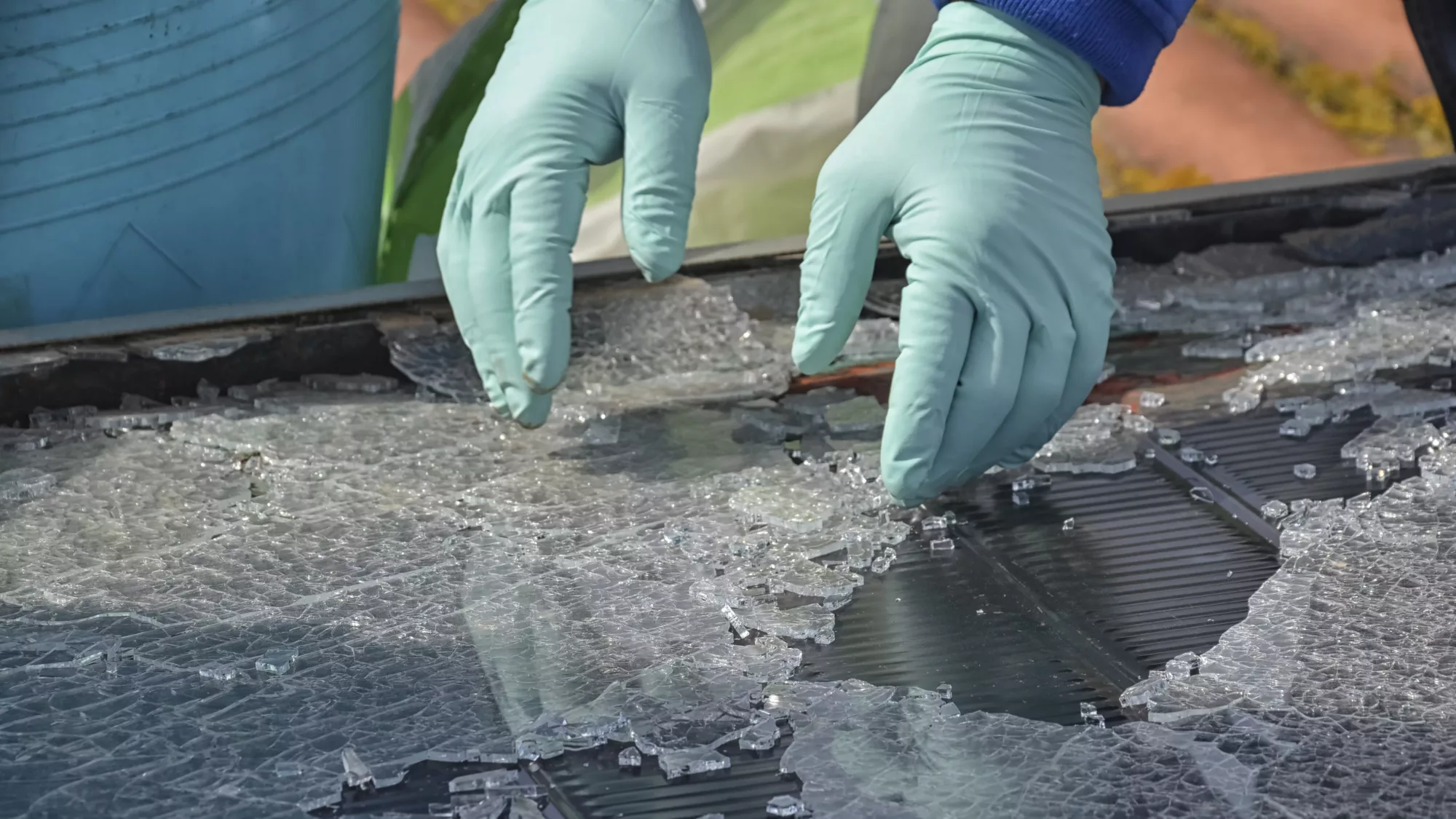
Various factors may damage your home’s solar panels. For instance, hailstorms could pelt large hailstones on the panels and crack them. If the panels develop cracks, water could seep in and corrode the photovoltaic cells. Furthermore, hurricanes bring strong winds, which may cause branches and other objects to blow onto the roof. Such impacts have the potential to severely damage the panels.
Internal defects can also cause “hot spots,” high-temperature areas where the photovoltaic cell consumes energy instead of generating it. This can overload and overheat the cells, leading to burn marks on the panel.
Some of the Panels Are Inferior
One of the reasons you should buy from a reputable solar installer and manufacturer is to determine the panel system’s quality. You run the risk of getting panels that have low-grade or even fake photovoltaic cells when you go with a cheap manufacturer who’s trying to cut costs.
If you’re not getting the power output promised by the manufacturer, you’re likely dealing with a substandard solar panel. Call in a professional to check the panel’s parts to see if they’re genuine.
Tips for Extending Your Solar Panel’s Life
Though solar panels do need to be replaced at some point, you can follow these tips to prolong their life and save a bit more money.
Begin with Proper Installation
Ensuring a solar panel’s long life starts during the installation process. You can play it safe by having a trusted professional installer do the task. They already have the proper tools and training, so they know to avoid problems like small cracks and scratches caused by rough handling. They can also help to prevent incorrect wiring, which causes the solar system to work harder than it should and may contribute to overheating.
Check for Damages Regularly
Florida’s no stranger to storms, so there’s always the risk of your solar panels getting damaged by flying debris that reaches the roof. Hail might also fall during these thunderstorms. So you’ll want to check on the panels often, especially after a hailstorm or hurricane, to see if they got damaged.
If they seem irreparable, don’t wait too long before calling your solar installer—they can have the damaged panels replaced promptly to return your system to peak performance.
Keep the Panels Clean
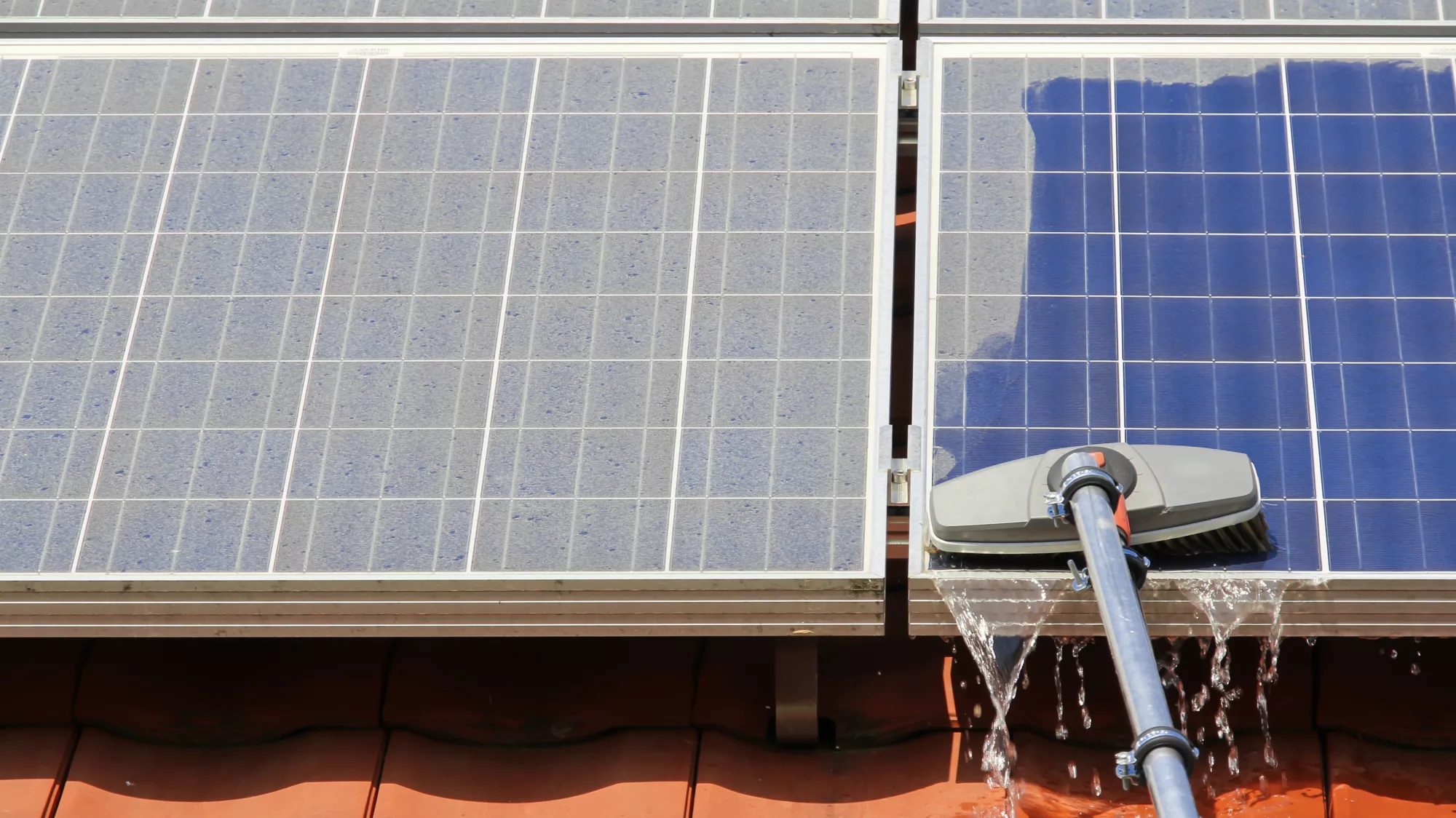
A clean solar panel is more effective at absorbing sunlight. After all, there’s no dirt, dust, animal droppings, or other objects obstructing the sunlight from reaching the photovoltaic cells. In addition to making your panels less efficient, dirt can leave scratches. Large scratches can further hinder the amount of light the panels get.
The general rule is to clean the panels once or twice a year or whenever a storm brings debris to the roof. While you could do it yourself, climbing up there to do the cleaning is dangerous. Consider having a specialist handle the work for your own safety.
You can minimize the risk to your solar panel system by trimming nearby trees on your property. This will reduce the branches or twigs that could fly off during hurricanes.
Need Solar Panels for Your Florida Home?
Now that you know how often solar panels need to be replaced, is it time to consider a system replacement? If so, Current Home is here to help you with your installation needs. Depending on your chosen payment option, you could enjoy either a 25-year or a lifetime warranty!
Contact the team today to request a quote for your home. You can also get in touch anytime if you have other questions about home solar panel systems.
